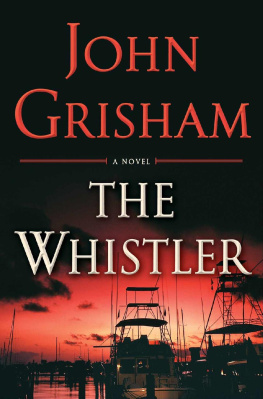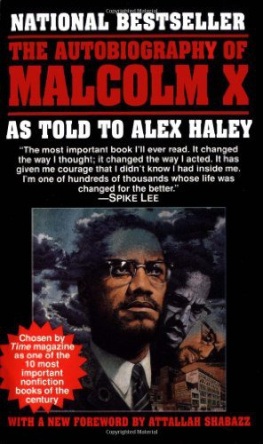
rack-e-teer one who obtains money illegally, as by fraud, extortion, etc.
CHAPTER 1
I am a lawyer, and I am in prison. Its a long story.
Im forty-three years old and halfway through a ten-year sentence handed down by a weak and sanctimonious federal judge in Washington, D.C. All of my appeals have run their course, and there is no procedure, mechanism, obscure statute, technicality, loophole, or Hail Mary left in my thoroughly depleted arsenal. I have nothing. Because I know the law, I could do what some inmates do and clog up the courts with stacks of worthless motions and writs and other junk filings, but none of this would help my cause. Nothing will help my cause. The reality is that I have no hope of getting out for five more years, save for a few lousy weeks chopped off at the end for good behavior, and my behavior has been exemplary.
I shouldnt call myself a lawyer, because technically I am not. The Virginia State Bar swept in and yanked my license shortly after I was convicted. The language is right there in black and whitea felony conviction equals disbarment. I was stripped of my license, and my disciplinary troubles were duly reported in the Virginia Lawyer Register . Three of us were disbarred that month, which is about average.
However, in my little world, I am known as a jailhouse lawyer and as such spend several hours each day helping my fellow inmates with their legal problems. I study their appeals and file motions. I prepare simple wills and an occasional land deed. I review contracts for some of the white-collar guys. I have sued the government for legitimate complaints but never for ones I consider frivolous. And there are a lot of divorces.
Eight months and six days after I began my time, I received a thick envelope. Prisoners crave mail, but this was one package I could have done without. It was from a law firm in Fairfax, Virginia, one that represented my wife, who, surprisingly, wanted a divorce. In a matter of weeks, Dionne had gone from being a supportive wife, dug in for the long haul, to a fleeing victim who desperately wanted out. I couldnt believe it. I read the papers in absolute shock, my knees rubbery and my eyes wet, and when I was afraid I might start crying, I hustled back to my cell for some privacy. There are a lot of tears in prison, but they are always hidden.
When I left home, Bo was six years old. He was our only child, but we were planning more. The math is easy, and Ive done it a million times. Hell be sixteen when I get out, a fully grown teenager, and I will have missed ten of the most precious years a father and son can have. Until they are about twelve years old, little boys worship their fathers and believe they can do no wrong. I coached Bo in T-ball and youth soccer, and he followed me around like a puppy. We fished and camped, and he sometimes went to my office with me on Saturday mornings, after a boys-only breakfast. He was my world, and trying to explain to him that I was going away for a long time broke both our hearts. Once behind bars, I refused to allow him to visit me. As much as I wanted to squeeze him, I could not stand the thought of that little boy seeing his father incarcerated.
It is virtually impossible to fight a divorce when youre in prison and not getting out soon. Our assets, never much to begin with, were depleted after an eighteen-month pounding by the federal government. We had lost everything but our child and our commitment to each other. The child was a rock; the commitment bit the dust. Dionne made some beautiful promises about persevering and toughing it out, but once I was gone, reality set in. She felt lonely and isolated in our small town. People see me and they whisper, she wrote in one of her first letters. Im so lonely, she whined in another. It wasnt long before the letters became noticeably shorter and further apart. As did the visits.
Dionne grew up in Philadelphia and never warmed to life in the country. When an uncle offered her a job, she was suddenly in a hurry to go home. She remarried two years ago, and Bo, now eleven, is being coached by another father. My last twenty letters to my son went unanswered. Im sure he never saw them.
I often wonder if I will see him again. I think I will make the effort, though I vacillate on this. How do you confront a child you love so much it hurts but who will not recognize you? We are never going to live together again as a typical father and son. Would it be fair to Bo to have his long-lost father reappear and insist on becoming part of his life?
I have far too much time to think about this.
I am inmate number 44861-127 at the Federal Prison Camp near Frostburg, Maryland. A camp is a low-security facility for those of us who are deemed nonviolent and sentenced to ten years or less. For reasons that were never made clear, my first twenty-two months were spent at a medium-security joint near Louisville, Kentucky. In the endless alphabet muck of bureau-speak, it is known as an FCIFederal Correctional Institutionand it was a far different place than my camp at Frostburg. An FCI is for violent men sentenced to more than ten years. Life there is much tougher, though I survived without being physically assaulted. Being a former Marine helped immensely.
As far as prisons go, a camp is a resort. There are no walls, fences, razor wire, or lookout towers and only a few guards with guns. Frostburg is relatively new, and its facilities are nicer than most public high schools. And why not? In the United States we spend $40,000 a year to incarcerate each prison inmate and $8,000 to educate each elementary school student. Here we have counselors, managers, caseworkers, nurses, secretaries, assistants of many varieties, and dozens of administrators who would be hard-pressed to truthfully explain how they fill their eight hours each day. It is, after all, the federal government. The employee parking lot near the front entrance is packed with nice cars and trucks.
There are six hundred inmates here at Frostburg, and, with a few exceptions, we are a well-behaved group of men. Those with violent pasts have learned their lessons and appreciate their civilized surroundings. Those whove spent their lives in prison have finally found the best home. Many of these career boys do not want to leave. They are thoroughly institutionalized and cannot function on the outside. A warm bed, three meals a day, health carehow could they possibly top this out there on the streets?
Im not implying this is a pleasant place. It is not. There are many men like me who never dreamed they would one day fall so hard. Men with professions, careers, businesses; men with assets and nice families and country-club memberships. In my White Gang there is Carl, an optometrist who tinkered too much with his Medicare billings; and Kermit, a land speculator who double and triple pledged the same properties to various banks; and Wesley, a former Pennsylvania state senator who took a bribe; and Mark, a small-town mortgage lender who cut some corners.
Carl, Kermit, Wesley, and Mark. All white, average age of fifty-one. All admit their guilt.
Then theres me. Malcolm Bannister, black, aged forty-three, convicted of a crime I had no knowledge of committing.
At this moment, at Frostburg, I happen to be the only black guy serving time for a white-collar crime. Some distinction.
In my Black Gang, the membership is not so clearly defined. Most are kids from the streets of D.C. and Baltimore who were busted for drug-related crimes, and when they are paroled, they will return to the streets with a 20 percent chance of avoiding another conviction. With no education, no skills, and a criminal record, how are they supposed to succeed?
Next page
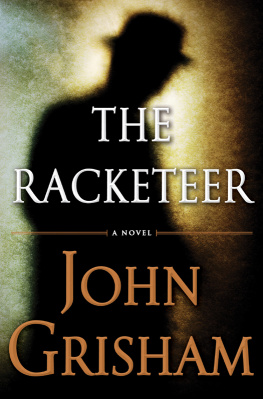
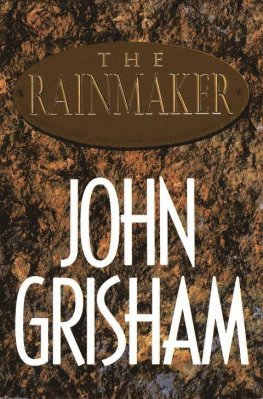
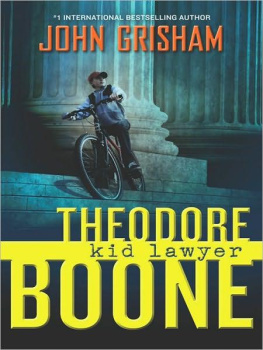

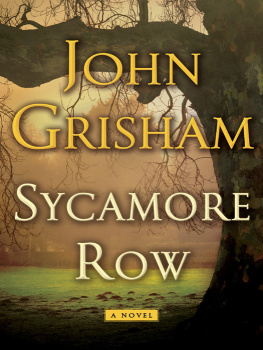
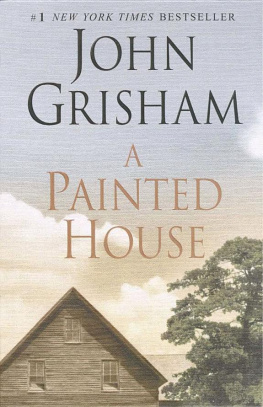
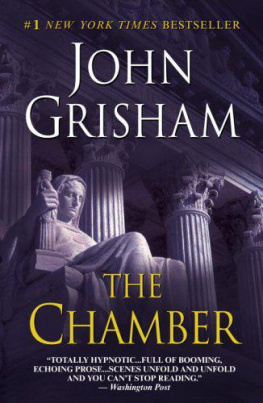

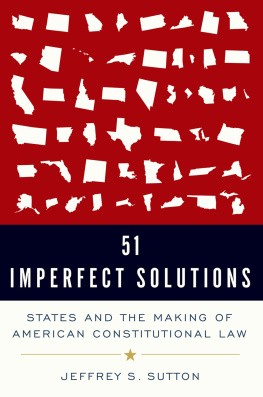
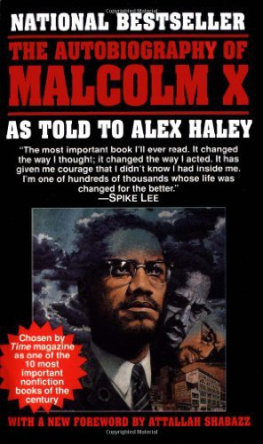
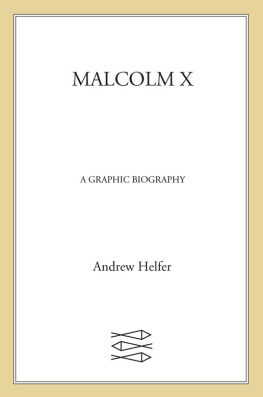

![Fawcett - How to lose the Civil War : [military mistakes of the War between the States]](/uploads/posts/book/92687/thumbs/fawcett-how-to-lose-the-civil-war-military.jpg)
